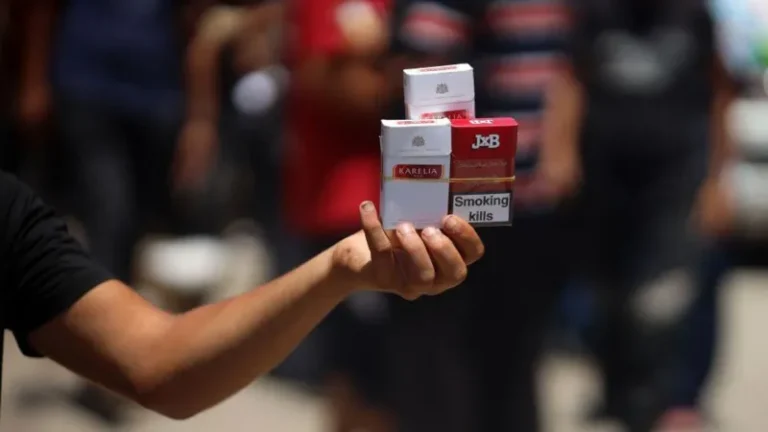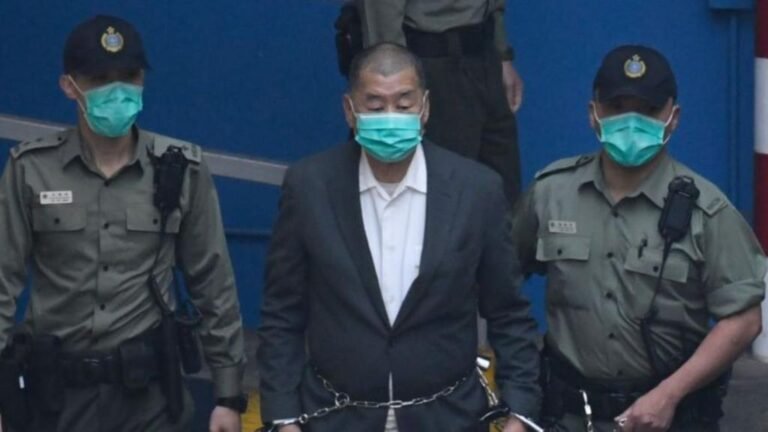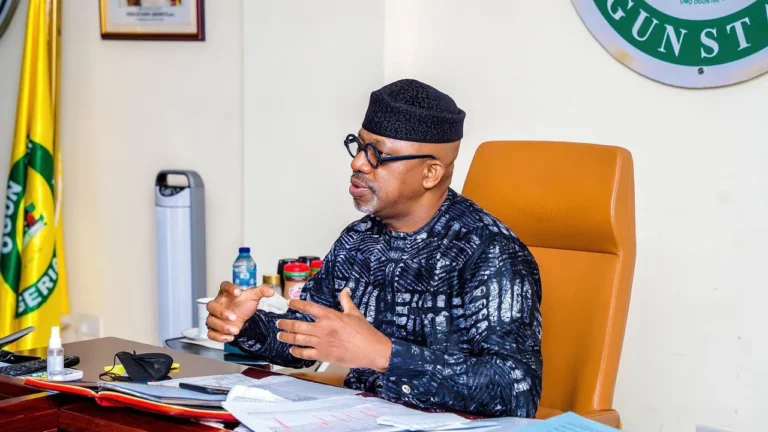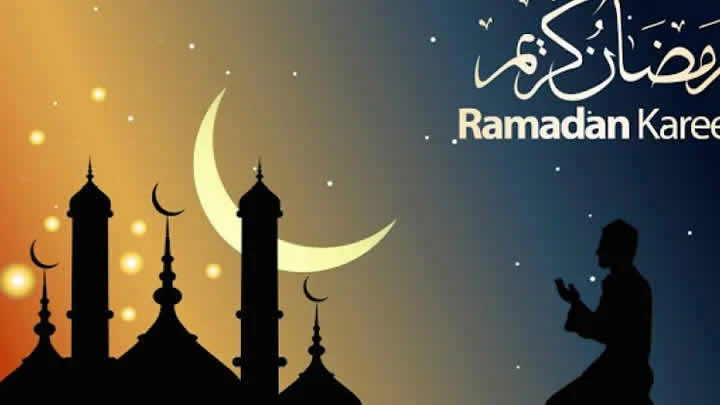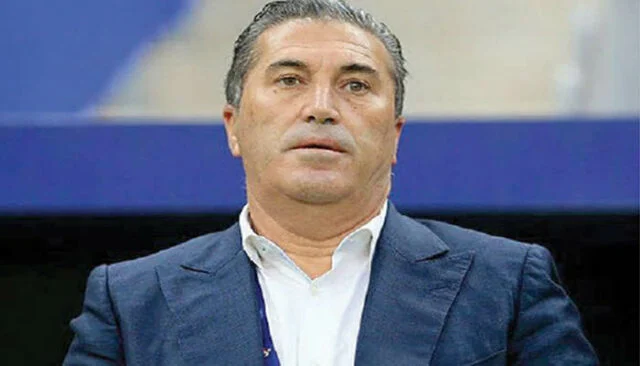
Hassan Nasrallah, Hezbollah’s long-time leader, was killed in a major Israeli airstrike on Beirut Friday evening. Israel had claimed responsibility for the assassination earlier in the day, and Hezbollah later confirmed the news.
Nasrallah rose to fame following Hezbollah’s 2006 war with Israel, becoming a revered figure across the Arab world. His stance against Israel defined both him and Hezbollah for many years. However, his image became increasingly controversial after Hezbollah’s involvement in Syria’s civil war, where the group fought to support Syrian President Bashar al-Assad, aligning with Iran’s interests. This shift alienated many former supporters, particularly in Sunni Arab countries.
Nasrallah’s leadership faced other challenges, including accusations linking Hezbollah to the 2005 assassination of former Lebanese Prime Minister Rafik Hariri. Despite denials from Nasrallah, an international tribunal convicted a Hezbollah member of involvement in the murder.
Born in 1960, Nasrallah’s early years in East Beirut were marked by religious devotion and an interest in political activism. His early political career saw him join the Amal movement, but he broke away in 1982 after disagreements over Amal’s stance on Palestinian militias in Lebanon, leading to the formation of Hezbollah with Iranian backing.
Over the years, Nasrallah’s leadership transformed Hezbollah from a militia into a powerful political force, with its own media and military presence. Known for his emotionally charged speeches that mixed political and religious rhetoric, Nasrallah gained a reputation as the “face of Hezbollah,” influencing people across sectarian divides.
Despite his strong public persona, Nasrallah’s critics accused him of placing Iranian interests above those of Lebanon, particularly as Hezbollah refused to disarm and used its weapons against domestic rivals.
Nasrallah’s death comes at a crucial time for Hezbollah, following its engagement with Israel in October 2023 to support Hamas in Gaza. Hezbollah now faces the challenge of selecting a new leader and deciding its future direction. Nasrallah’s assassination is a significant blow to the group, but Hezbollah remains well-organized and determined to continue its mission.
Lebanon, too, stands at a pivotal moment, as the consequences of Nasrallah’s death will ripple through the region, potentially altering the political landscape for years to come.
For More Updates, join our WhatsApp Group and Telegram Channel
